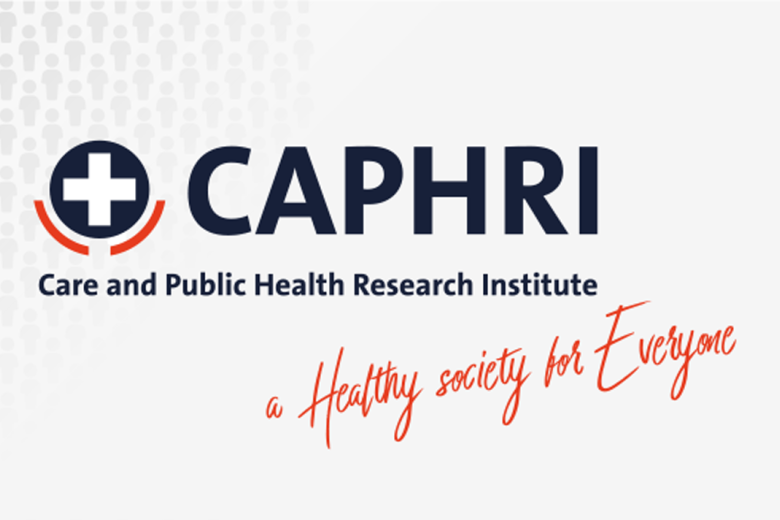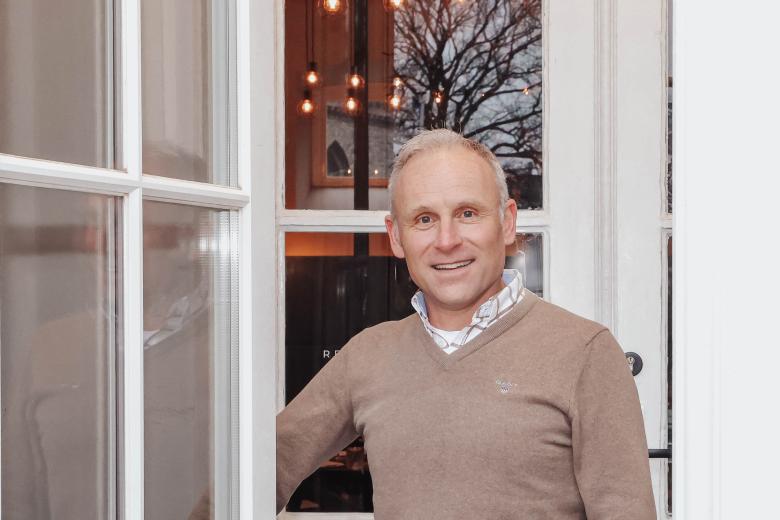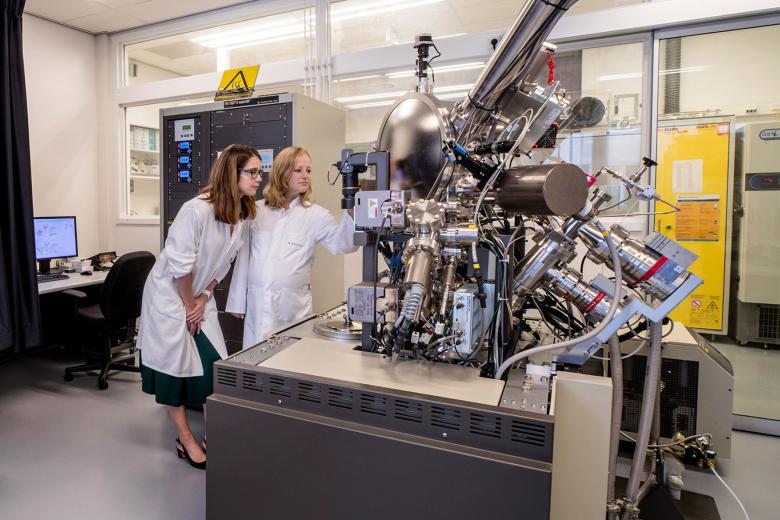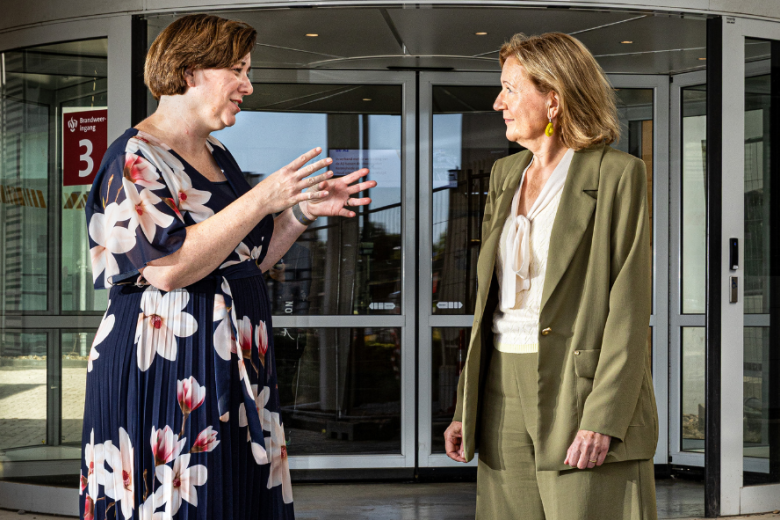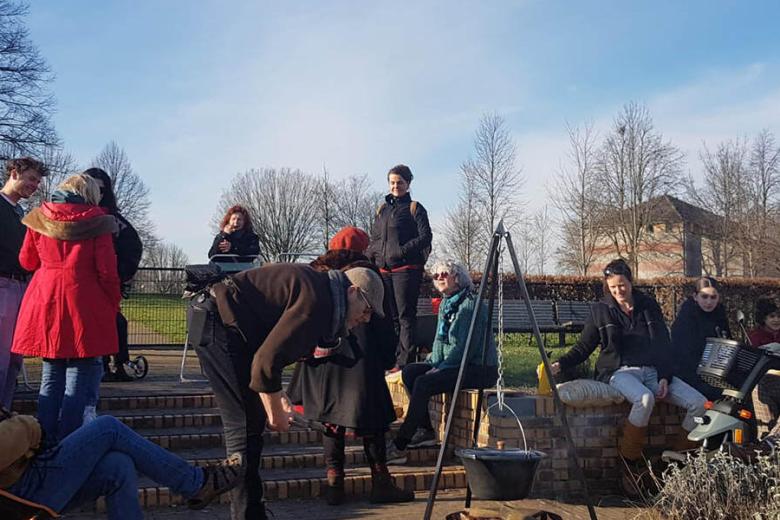CAPHRI - Care and Public Health Research Institute
Our aim is to create a healthy society for everyone. We are doing this by providing high quality research to improve the individual quality of life and innovate healthcare and public health. Building a bridge between our research and society has our highest priority.
Discover more about our school
News
CAPHRI Annual Report 2024
The CAPHRI Annual Report for 2024 reflects the strategic developments and impactful research carried out across our institute over the past year. We truly believe 2024 was a “year of impact,” demonstrating the strength of our collective mission and vision. The report highlights many successes, including:
- The official introduction of our newest Chairs: Prof. dr. Matty Crone, Prof. dr. Jeroen Hendriks, Prof. dr. Marieke Spreeuwenberg, and Prof. dr. Chris Arts.
- Our practical research in action, showcased in five detailed Case Studies on topics such as Reablement, Capacity Building in Ethiopia, Work-Related Care, Measuring Labour Costs, and Personalised Dementia Prevention.
- The dedication and contribution of our PhD community, marked by the comprehensive overview of all completed PhD Theses.
- Highlights from the successful CAPHRI Research Day and the essential facts and figures that demonstrate our growth in ‘The numbers tell the story.’
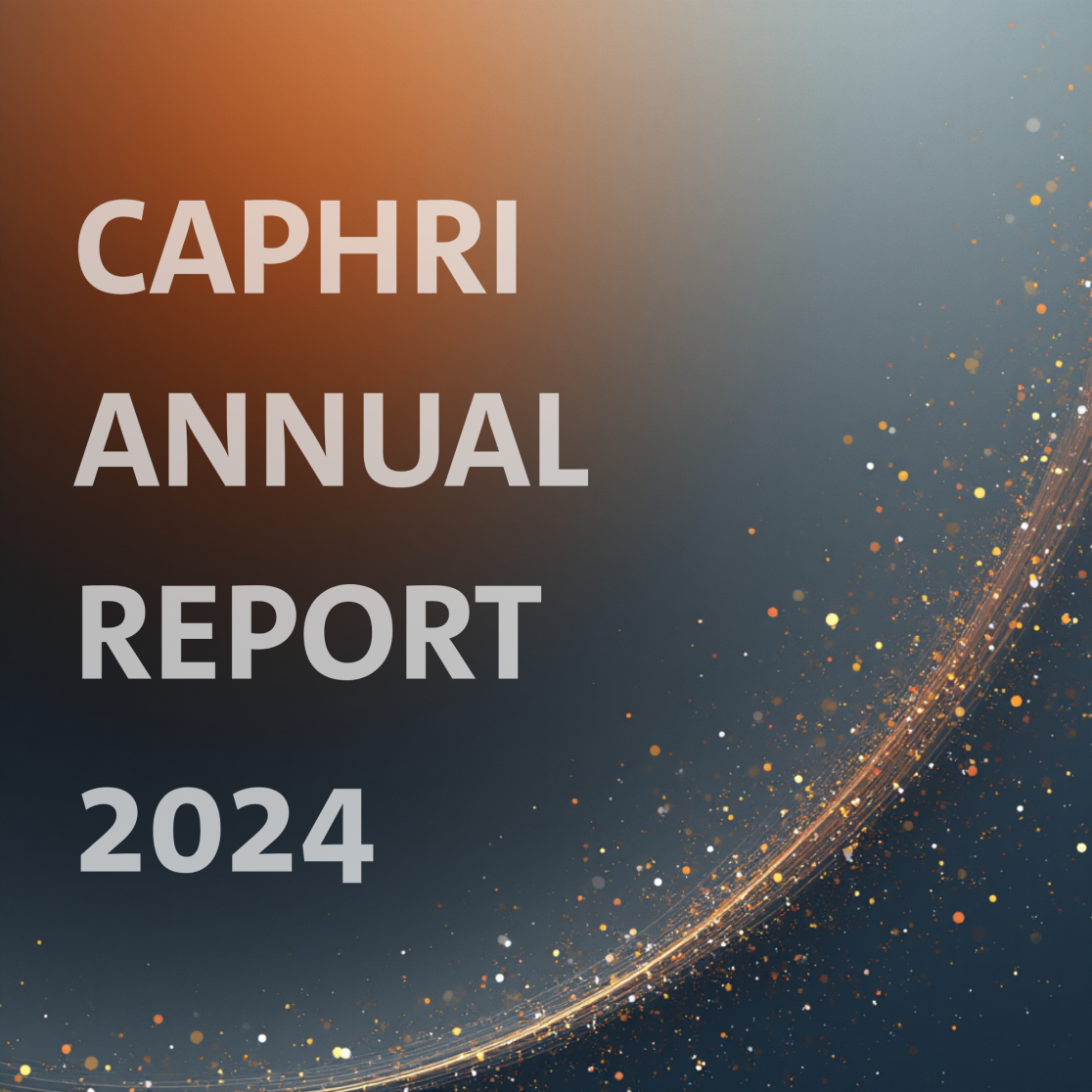
CAPHRI's Self Evaluation 2017-2022
CAPHRI Part B - Research Lines Self-Evaluation Reports
CAPHRI has six research lines. In the reports below you can find their mission, vision and strategy over the period 2017-2022. You can find the research lines reports in the links below.
- CAPHRI Part B1 Ageing and Long-Term Care
-
CAPHRI Part B3 Functioning, Participation and Rehabilitation
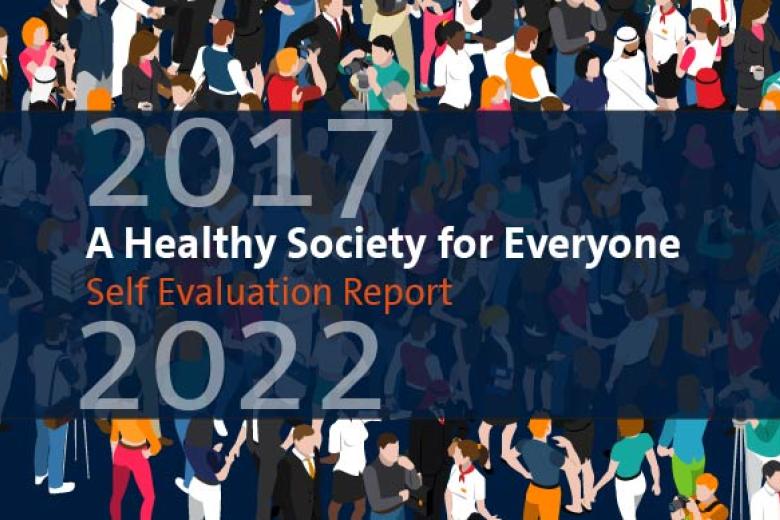
CAPHRI's Case Studies Self-Evaluation Report
The CAPHRI case studies booklet contains the scientific and societal impact of CAPHRI in narratives. You can find the case studies in the link below.

Programme Visitation 2023
The site-visit by the External Review Committee will take place on November 29th and 30th, 2023. You can find the programme of the visitation in the link below.

Report of the External Review Committee CAPHRI
In November 2023, an External Review Committee has assessed our research institute. We have received the long-awaited report from the External Review Committee, which we are proud to share with the CAPHRI community. The report contains important findings and recommendations for the institute’s future direction. We are proud that the chair of the ERC states “I speak for the entire committee in congratulating CAPHRI in ensuring a very good level of performance across the following assessment criteria: research quality, societal relevance, and viability.”
In response, CAPHRI will present an action plan to the Executive Board of the University within the next six months. The aim is to further enhance the insititute’s research activities and strategic goals.

Research stories and case studies
KOALA study and LucKi Gut study: Complementary feeding during the first six months of life. Yes or no?
Child, parents and health - lifestyle and genetic constitution.

"The future of research is transdisciplinary"
Fruitful collaboration across national and disciplinary boundaries

“The ban on visitors really had a negative impact on the well-being of nursing home residents
Visitors in the nursing home during the COVID-19 crisis

Improved patient care and increased job satisfaction among GPs
The TARGET integrated care programme
The OPEN project: Online access to medical information in primary care: the patient’s perspective
The OPEN programme
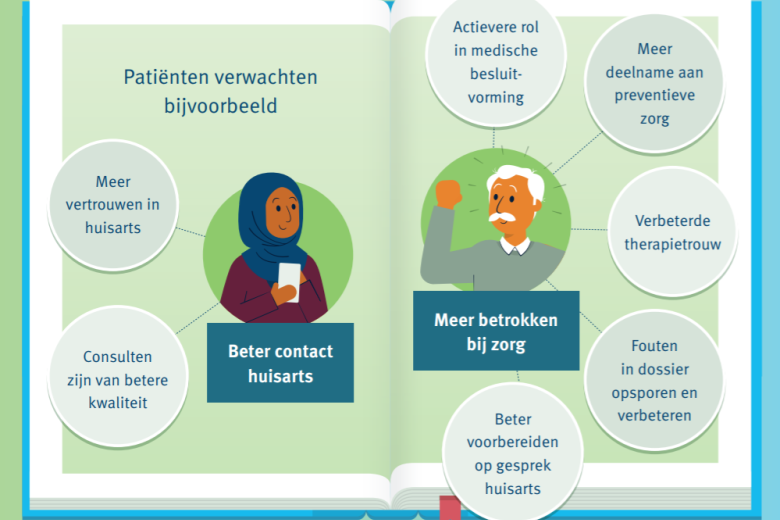
200,000 people sitting on the sidelines in Limburg
4Limburg: Towards a strong, sustainable and inclusive labour market

This is CAPHRI: Citizen science
The overall aim of CAPHRI researchers embarking on citizen science initiatives is to create an independent space in which various researchers and stakeholders with different backgrounds and of heterogeneous views can come together to discuss each other's ideas in order to facilitate transdisciplinary research and to deliberate in terms of establishing priorities.
This is CAPHRI: Research Quality Assurance
CAPHRI Quality Assurance system helps foster greater trust in research
Supporting CAPHRI researchers in conducting ethical and high-quality research, leading to greater trust in research results among both other researchers and the general public – that is the power of the CAPHRI Quality Assurance (QA) system.
Read the interview with Laure Wynants and David Shaw
This is CAPHRI: the DARTBAC project
Technology as a weapon against antibiotic resistance
The coronavirus pandemic has claimed more than a million lives. Though this is certainly dramatic, the rise of the silent killer antimicrobial resistance (AMR) in which bacteria are no longer susceptible for antibiotics is even more threatening and will claim many more victims. The expectation is that in the near future this number will ultimately climb to more than ten million a year worldwide.
Science Story: Vitamin G - A green environment for nursing home residents
Green care are farms offer a completely different environment than a traditional nursing home. Hilde Verbeek's team is investigating the positive elements of green care farms and how these can be translated into other forms of nursing home care.
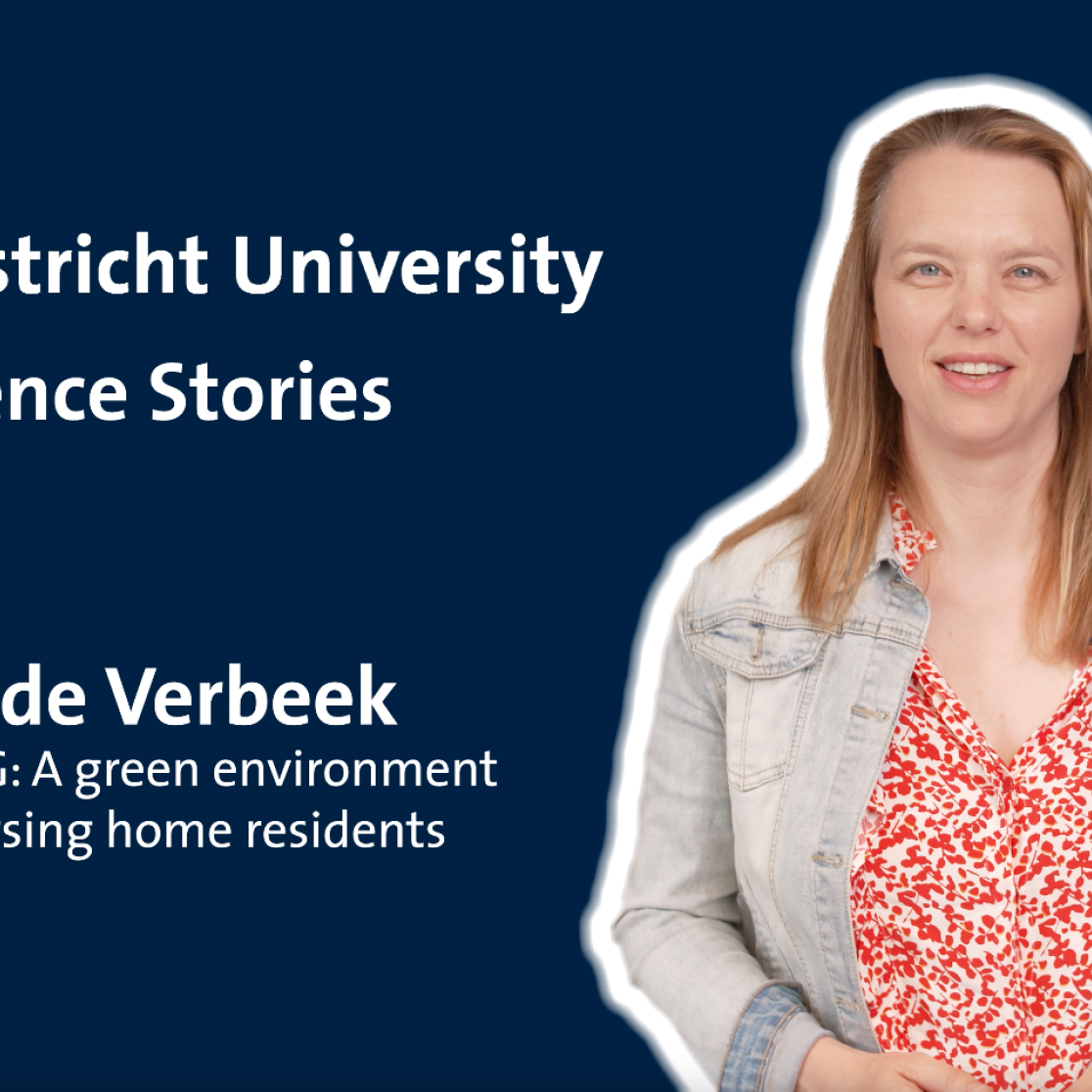
PhD opportunities at CAPHRI
CAPHRI is known for its comprehensive PhD training programme for young talented scientists. Our PhD candidates are making a significant contribution to care and public health issues, working on projects that are changing the world around us.
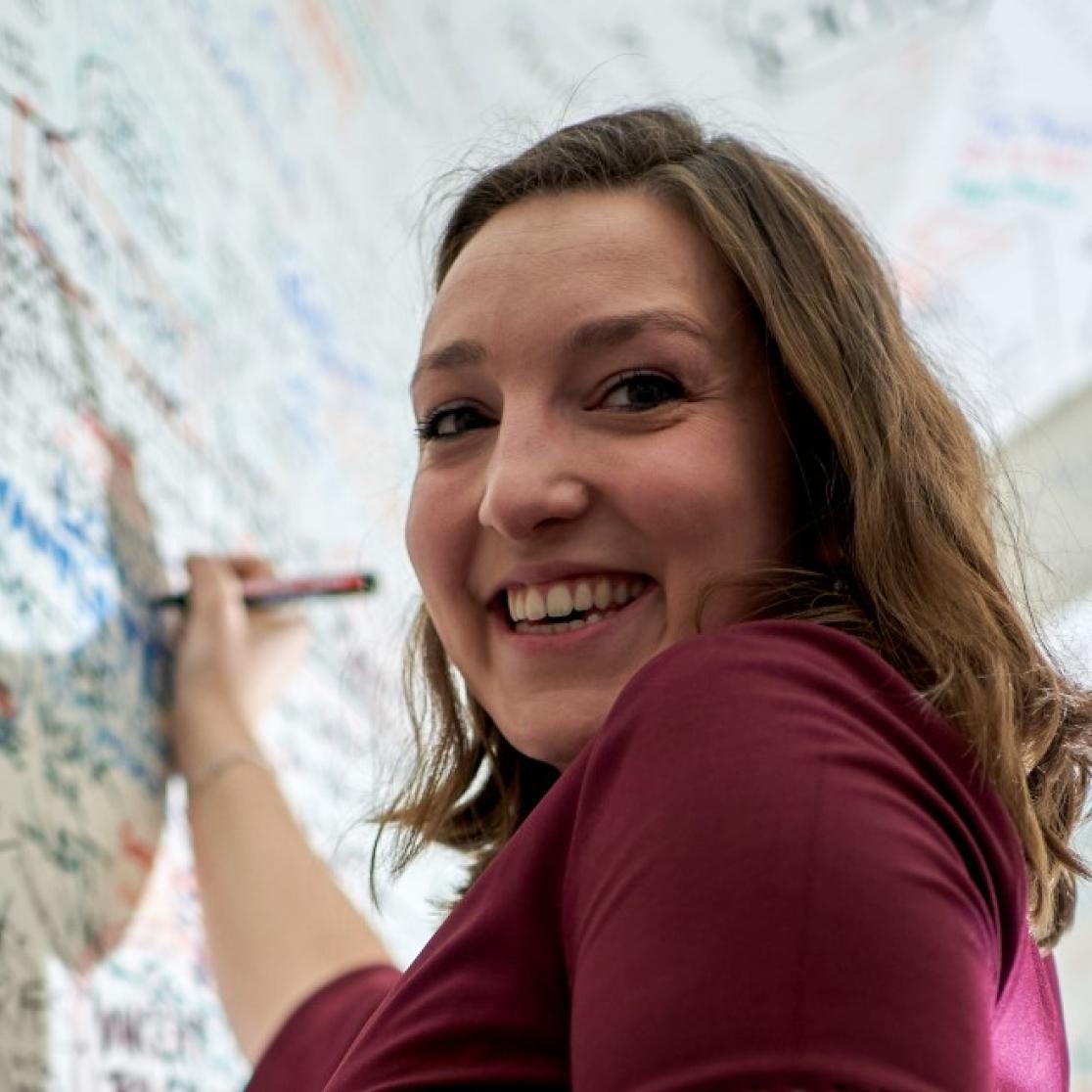
Calendar
Show the importance of public health, especially now!
With an inspiring campaign in Maastricht, Public Health students of Maastricht University have contributed to the launch of the global initiative 'This is Public Health' (TIPH). Their goal? To showcase what public health is and why it is so vitally important for promoting and protecting the health and wellbeing of our communities.
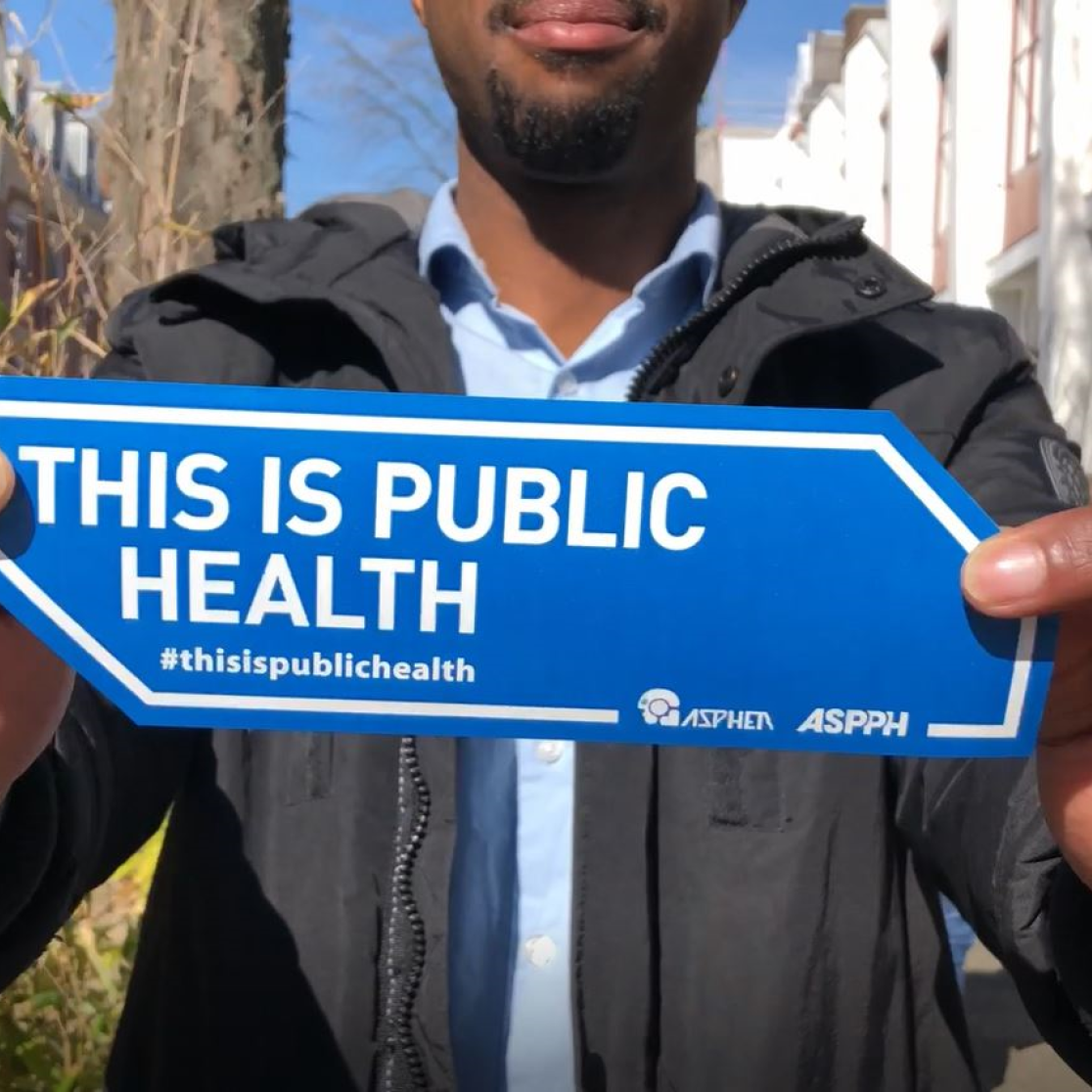
CAPHRI works in close cooperation with the Maastricht University Medical Center+ (MUMC+). MUMC+ is known both nationally and internationally for its focus on prevention and taking an integrated approach to health care: from prevention, promotion of good health, and basic care, to top-level clinical diagnostics and treatment. Patient safety is our top priority in all of our endeavours. MUMC+ is part of The Netherlands Federation of University Medical Centres.
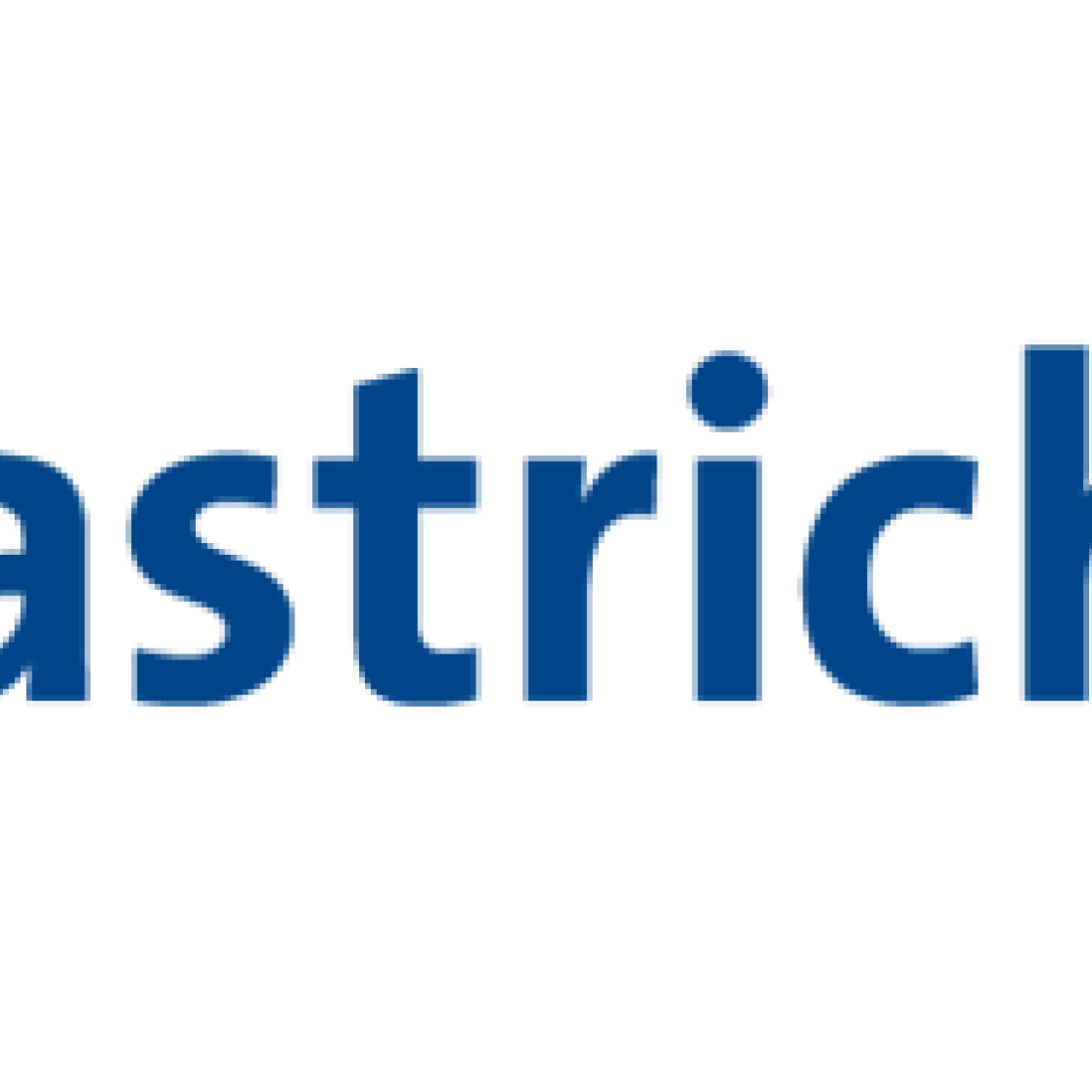
This is CAPHRI: Citizen science
The overall aim of CAPHRI researchers embarking on citizen science initiatives is to create an independent space in which various researchers and stakeholders with different backgrounds and of heterogeneous views can come together to discuss each other's ideas in order to facilitate transdisciplinary research and to deliberate in terms of establishing priorities.


